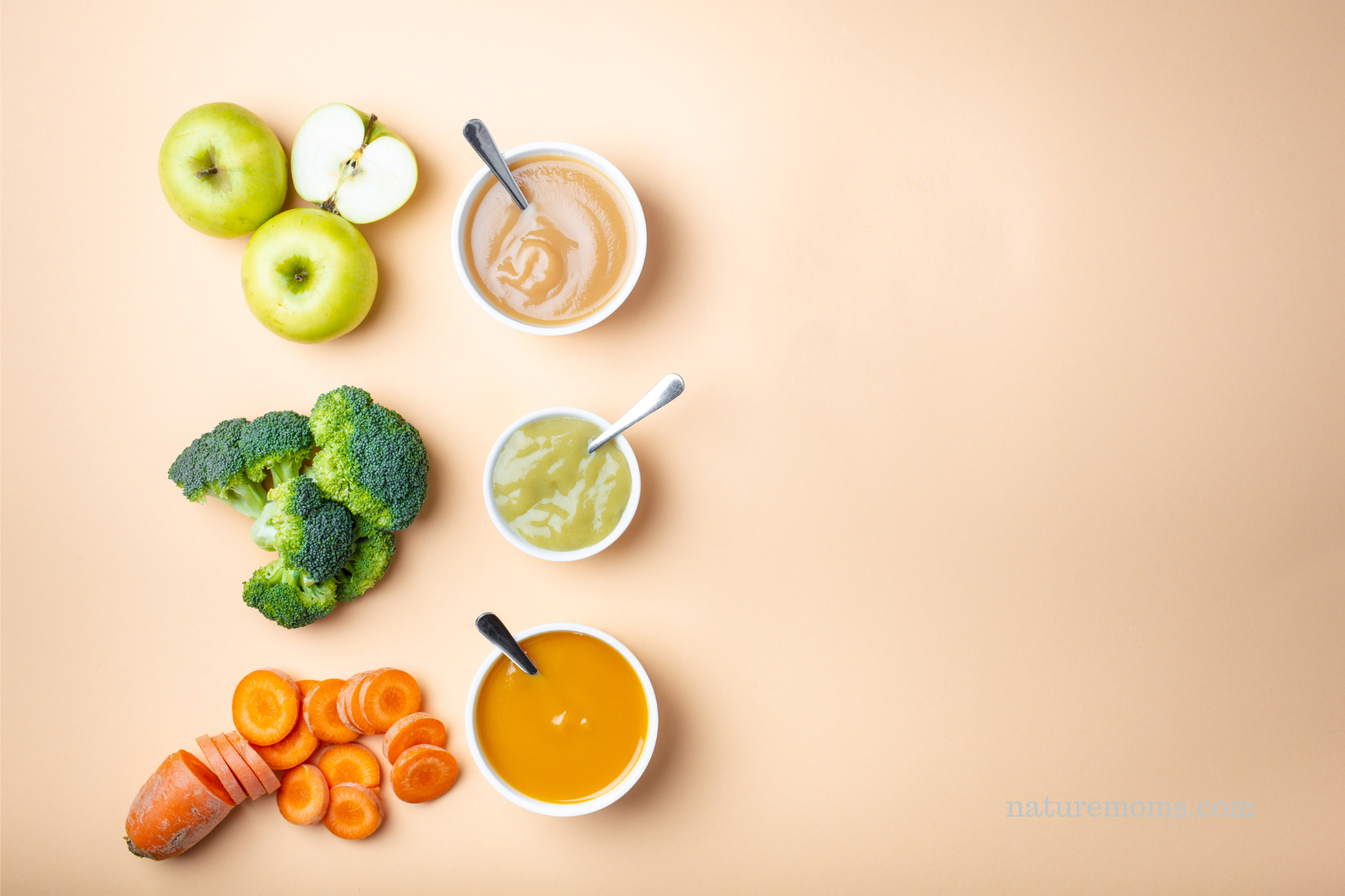
Toxic. That’s a word you wouldn’t associate with baby food. As parents we have it in good faith that what we feed our little ones is filled with healthy goodness, ensuring happy, thriving kids.
What happens when that faith is shattered? The heavy metals in baby food could be responsible for their learning difficulties or stunted development.
And yet, that’s the reality for parents who claim their children were diagnosed with autism spectrum disorder (ASD) or attention deficit hyperactivity disorder (ADHD) because of these dangerous products. They’re facing an uphill battle against baby food makers like Gerber, Beech-Nut and Hain.
Sounding the Alarm
In 2021, the U.S. House of Representatives Committee on Oversight and Reform published a damning report, causing fear among parents, and rightly so.
The findings showed that several baby food manufacturers consciously sold products containing unsafe levels of arsenic, lead and mercury. The same report noted that the industry’s self-regulation failed to protect consumers.
The document forms the basis for the toxic baby food lawsuit. Frightened and angry, parents claimed exposure to the toxic heavy metals endangered their infants’ neurological development and long-term brain function.
However, the baby food autism lawsuit hasn’t come without hitches. The most recent setback was for the Cantabrana family. Their son Noah was diagnosed with autism which his parents claim was a result of the toxic metals found in his baby food.
Regrettably, the lawsuit was dismissed by a Los Angeles judge. The baby food companies named in the case are now seeking more than $600,000 in costs from Noah’s family
On the other hand, Whole Foods and Hain Celestial Group’s request for rehearing in an unrelated case has been denied, says TorHoerman Law.
How Does Contamination Occur?
Registered dietitian Evelyn Benden tells Cleveland Clinic the heavy metals detected in tainted baby food aren’t in short supply.
Arsenic, cadmium, lead and mercury are naturally occurring elements in the Earth’s crust. They can be found in the soil that feeds our crops, air and water. The fruits and vegetables we consume absorb these metals as they grow. That’s how trace amounts are picked up.
Heavy metals can be dangerous to infants and children, but only at high levels. They can increase the risk of cancer, slow growth and development and contribute to behavioral issues.
Reducing Exposure to Toxic Metals
Scientists at the University of Delaware are working overtime to minimize dangerous toxic metals in rice. The food staple is a vital ingredient in baby food. However, arsenic and cadmium are present in rice.
The study has yielded some promising results. Researchers reported that rice grown in water-logged fields contained more arsenic and less cadmium. While drier conditions resulted in less arsenic but higher levels of cadmium.
Researchers are hoping their findings will help shape new regulations currently being drafted by the U.S. Food and Drug Administration (FDA). The Closer to Zero Action Plan aims to reduce exposure to contaminants to as low as possible. As part of its action plan, the FDA has prioritized baby food.
The Baby Food Safety Act
The Baby Food Safety Act of 2024 was passed in May this year. U.S. lawmakers say the bill endeavors to limit heavy metals found in baby food by instituting stricter regulations enforced by the FDA.
What advocacy groups find concerning is that the organization has only singled out infant rice cereal and juice.
The good news is that the bill will bolster the FDA’s authority to execute the regulations. This means it will have official power to mandate baby food manufacturers to recall products that don’t meet its strict standards.
This isn’t the first time the bill has been considered. In 2021, the same lawmakers who had it passed proposed similar legislation.
At the time, it didn’t have enough support to progress further. The most recent lead and chromium outbreak linked to tainted cinnamon applesauce pouches spurred them into action.
What Can Parents Do?
Baby Center advises parents to continue feeding their babies a nutrient-rich diet. If your child is starting on solids, you want to limit the risk of heavy metal exposure. Instead of baby cereal, introduce them to pureed fruits and vegetables.
Avoid foods and snacks made with rice flour and opt for whole grains like oats and barley. If you are eating rice, rinse before cooking and cook it in extra water. Also, be advised that white basmati and sushi rice have lower levels of arsenic than brown rice.
Certain things are unavoidable. But when it comes to baby food, your child’s health is not to be compromised. Let’s hope the toxic baby food lawsuits will have a favorable outcome for the many parents involved.